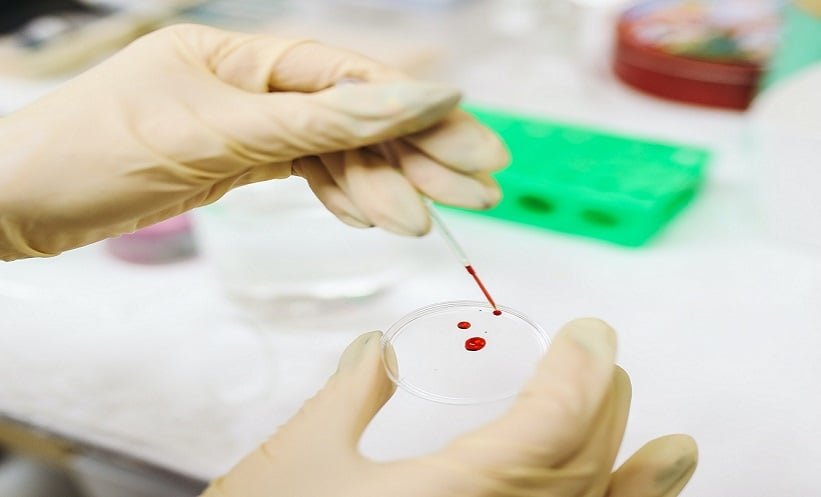HEPATOCELLULAR carcinoma (HCC) is the most common type of primary liver cancer and is most prevalent in those with chronic liver diseases such as cirrhosis caused by hepatitis B or C infection. For a recent study, scientists developed a novel blood test-based method to identify individuals likely to develop HCC.
Risk factors including previous hepatitis B or C virus infection or cirrhosis increase the chance of developing HCC, yet not everyone will develop the disease. At-risk populations are recommended to be screened for HCC every 6 months, and although screening can lead to earlier detection, most patients are diagnosed in the advanced stages of the cancer when it is often incurable. The study led by researchers at the National Cancer Institute (NCI) was designed to develop a better method to identify those with the highest risk for HCC and who should be screened more frequently. Because evidence suggests that cancer development is influenced by virus and immune system interactions, the team hypothesised that certain interactions may increase the risk of developing HCC.
In the study, the team tested >1,000 different viruses in the blood samples from 900 individuals, 150 of whom had HCC. The blood was scanned for ‘footprints’ from past viral infections and because these footprints are left behind in antibodies, they reflect how the immune system reacted to an infection. Furthermore, each individual’s footprint creates a unique pattern which the researchers termed the ‘viral exposure signature.’
The study identified a specific viral exposure signature which could accurately identify people with HCC from those with chronic liver disease and healthy volunteers. As part of a 20-year study, the researches then tested the signature on the blood samples from 173 individuals with chronic liver disease and during this time 44 patients developed HCC. With blood samples taken when the cancer was diagnosed, the signature accurately identified those who developed HCC and furthermore, the signature also worked when using blood samples taken at the beginning of the study (10 years before diagnosis).
The authors concluded: “Together with existing screening tests, the new test could play an important role in screening people who are at risk for developing HCC. It could help doctors find and treat HCC early. The method is relatively simple and inexpensive, and it only requires a small blood sample.”








